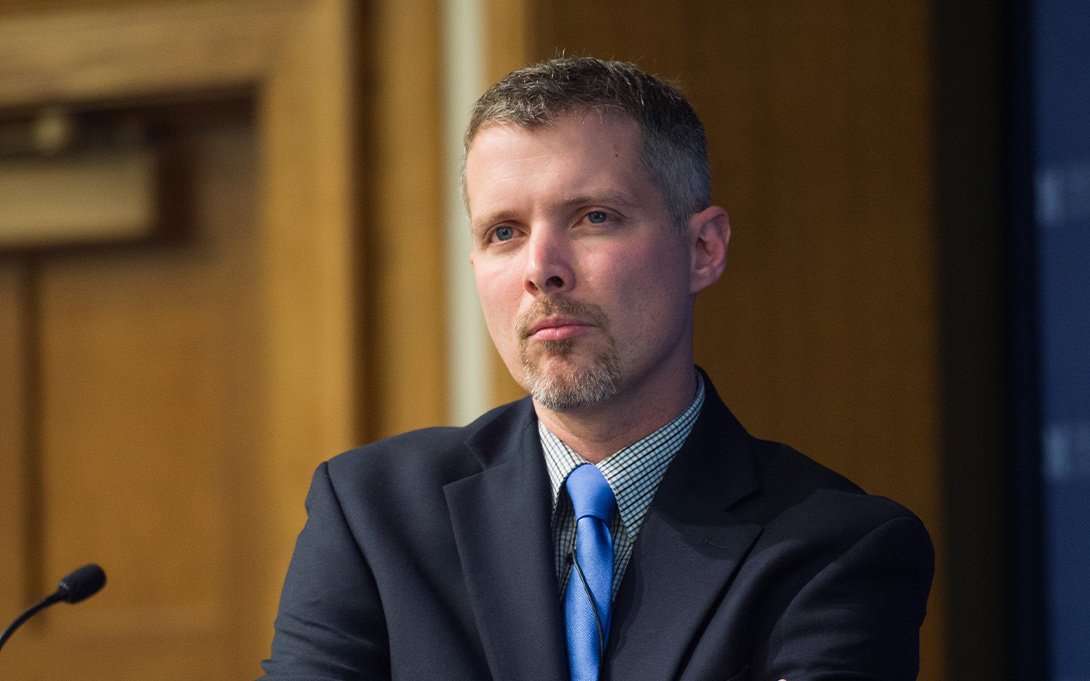
"The expanded, fully refundable child tax credit sounds complicated, but the ideas behind it are simple, and its design has been tested in many other countries. It’s based on the principles that children deserve the opportunity to thrive, and that money can help," Luke Shaefer, Associate Dean for Research and Policy Engagement and director of Poverty Solutions, writes in The Atlantic. He and co-author Kathryn J. Edin, with whom he wrote the 2015 book, $2.00 a Day: Living on Almost Nothing in America, note that the payments are the same for every family except the most wealthy.
"This may be its most important feature. It neither stigmatizes the poor nor leaves them vulnerable to resentments about special benefits. It says, instead, that raising kids is difficult and expensive, and that government has reason to support parents in this work. This measure could prove to be a temporary anomaly during an unusual time. Or, if made permanent, it could begin a new era in the fight against child poverty in the United States," they write.
He has appeared in the press across the country discussing the child tax credit. He told the Detroit Free Press, "What we're talking about here is a potentially transformational policy that's going to put the single biggest dent in child poverty in the United States of anything that we've ever done."
The change to monthly payments is meant to be a "stabilizing force," he said, noting that monthly payments can help people afford their immediate needs as parents.
In an interview with KCBS, he noted it is the biggest expansion of social programs since World War 2. "The U.S. is following what most other countries do: help middle class families to raise kids. We are going to eradicate the most extreme form of poverty."
Shaefer continued, "It's a fairly conservative policy. It has worked in many other countries, like the UK. And when it was implemented in Canada, they also saw spending on alcohol and tobacco actually go down. It turns out some of the substance abuse issues are related to financial stress. We will see some real effect in the fall. Regarding the early childhood education component, investing in really young children is one of the biggest bangs for the buck. There is a lot of evidence that it works, especially when you take a more universal approach, and implement programs that take a similar approach to children from all wealth brackets."
Shaefer told Michigan Radio the tax credit could reduce child poverty by 45%. Shaefer said he would like to see the credit extended beyond this year.
“We’re at a precipice right? This could be a one-time anomaly during an economic and public health crisis or it could be extended and hopefully made permanent and become the kind of lasting change we saw with a program called Social Security.”
You can read and hear the news items below:
- Michigan families urged to take advantage of expanded child tax credit, Michigan Radio, May 9, 2021.
- A Simple Approach to Ending Extreme Poverty, The Atlantic, May 6, 2021
- Child tax credits are expected to start arriving in July. Here's what to know, Detroit Free Press, April 29, 2021.
- Looking at President Biden's upcoming speech and his American Families Plan, KCBS, April 28, 2021.
